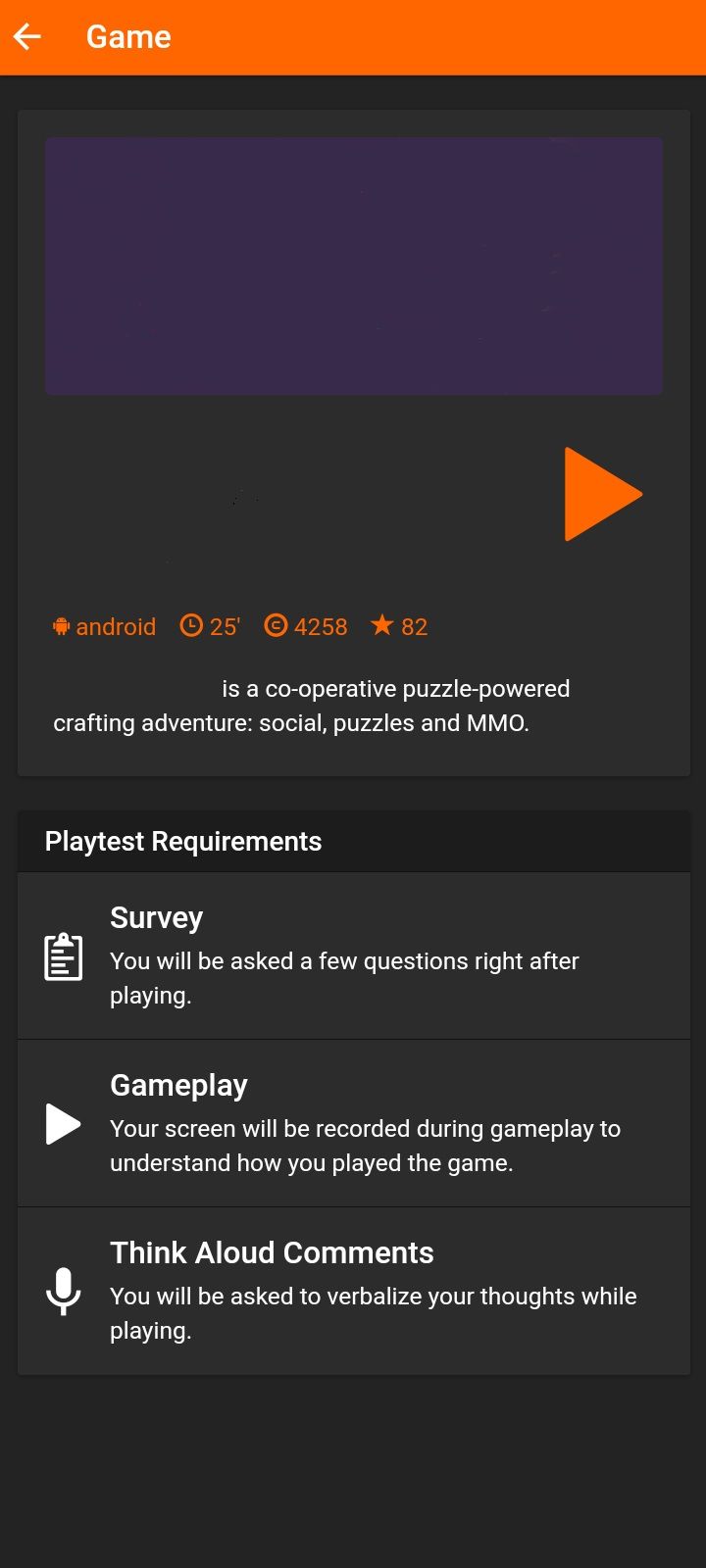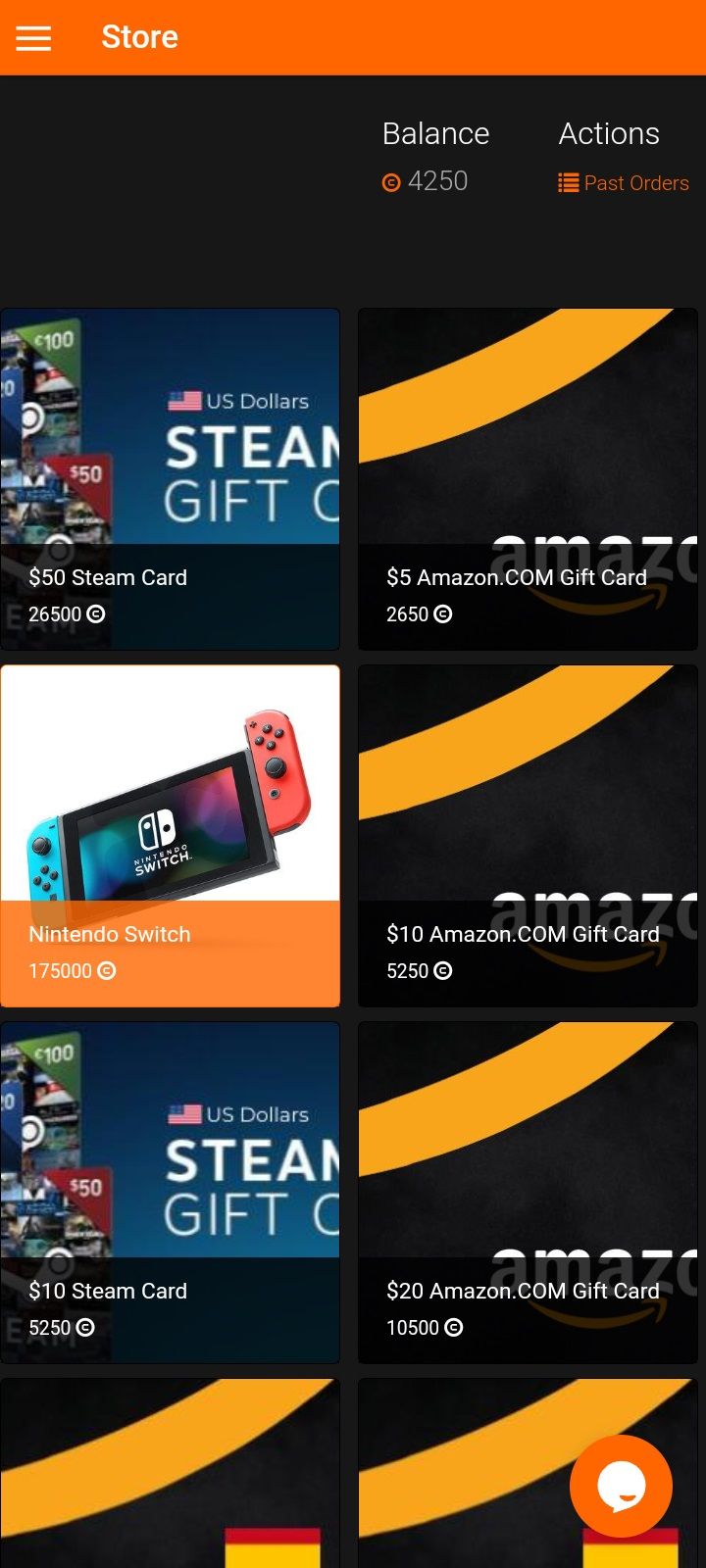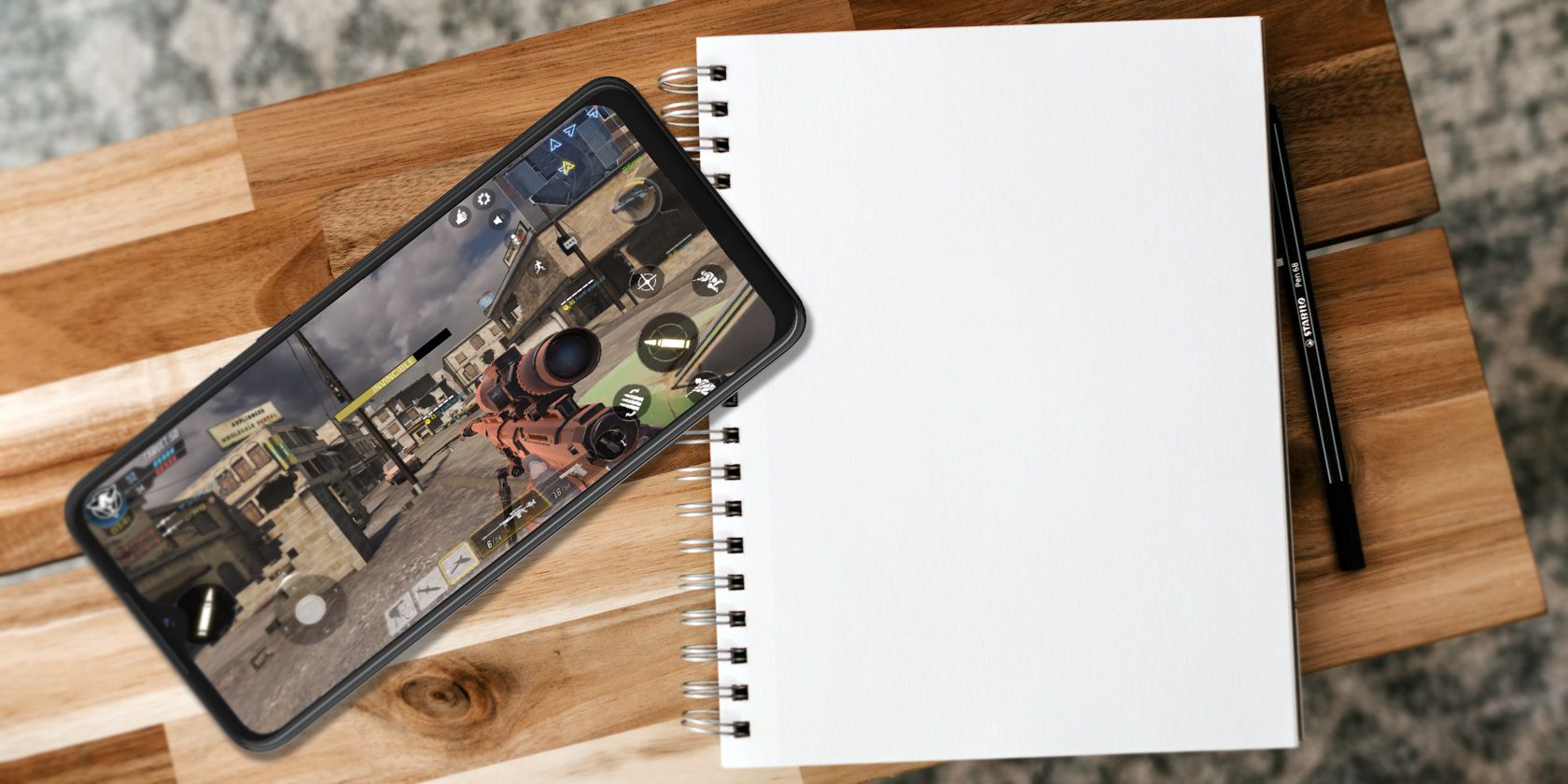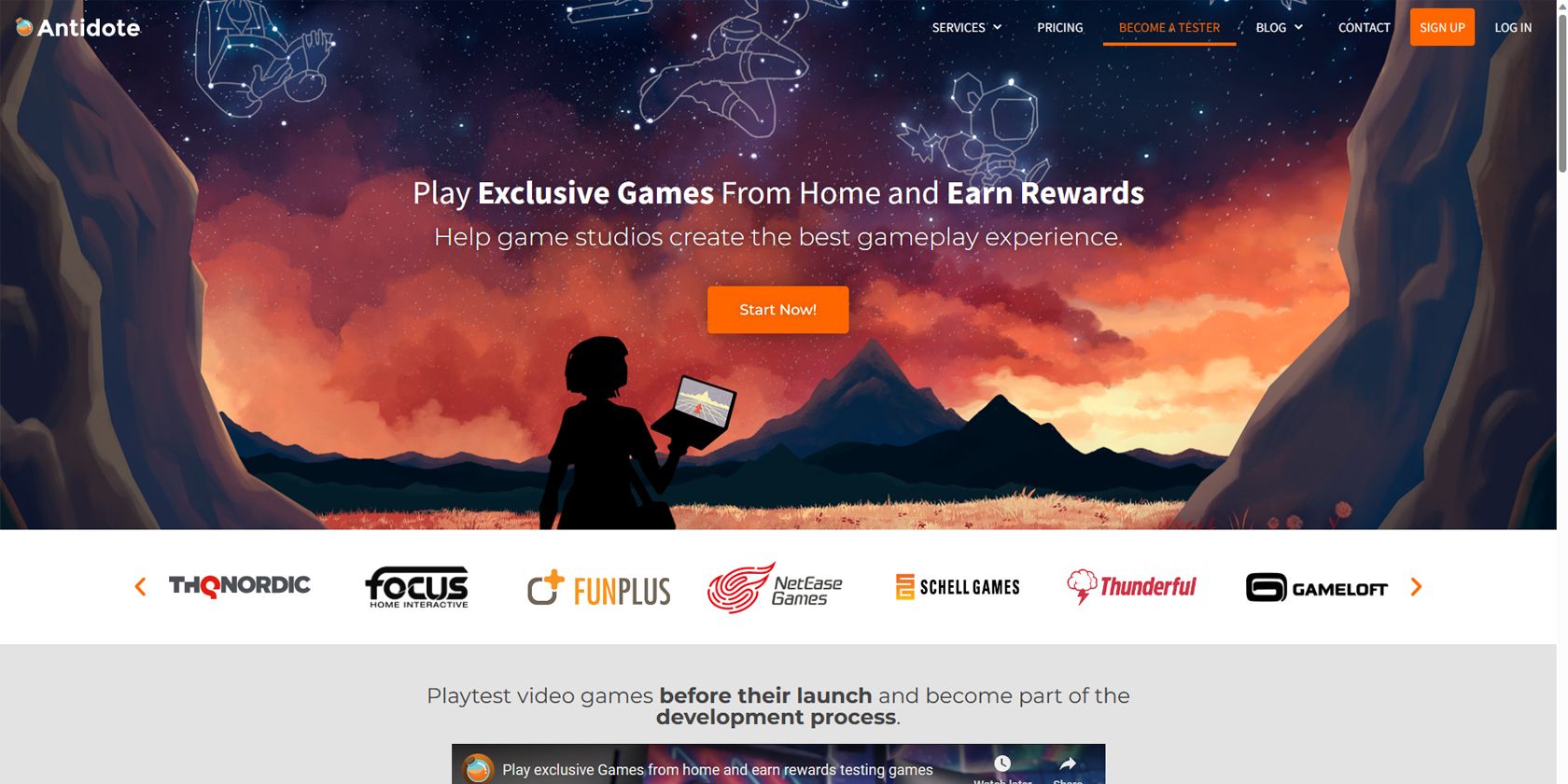Playtesting is a necessary (and super cool) part of the game development process. And for some lucky few, it's a dedicated profession where you spend hours upon hours testing games and get paid to do it.
While most big game development companies have professional in-house playtesters, many smaller developers also want to know what casual gamers think. So, they'll let anyone playtest games on the side.
Given that, I joined a playtest for a new mobile game. This is my experience—how I signed up, the actual testing, my responsibilities, and the reward.
What Is Playtesting?
Before I tell you about my experience, let's talk about what playtesting is and a little bit about how it works.
Playtesting is when developers have gamers play a game to get feedback on what works, what doesn't, and what could be improved. Other game publishers, like Steam, run playtests too.
A playtest might consist of playing specific parts of a game or the whole game and then sharing your thoughts and feelings. That can be through recorded live comments, surveys, and experience questionnaires. Playtesting is also one of the ways you can make money playing games on the side.
Playtesting is a crucial part of game development, and if developers skip this test, it can lead to buggy games. It's probably one of the reasons why AAA PC ports are so bad.
How to Become a Playtester
It's easy to think about playtesting as super-secret closed betas of games that haven't been released. Of course, that does happen, but developers also recruit playtesters before updating games that are already available. You can sign up for various online playtesting services to become a playtester.
For this article, my playtesting invite came through the Antidote platform. If you want to get the chance to playtest, you can sign up to Become a Tester on the Antidote.gg page.
So, what does the playtester get out of the deal? That depends on who is running the playtest. Sometimes, the playtester might get paid in money or gift cards. They may get credits to cash in for things like gift cards and prizes. Or, they may just get the satisfaction of helping developers improve a game.
Don't try to get into playtesting for clout—you're not supposed to share what games you're playtesting. That's why I'm writing generally about my experience, but screenshots have been edited to hide the exact game that I was playing.
The Call to Playtest
Different playtesting services work differently, but the one I'm on communicates via email and a Discord server.
When I joined, I filled out a profile describing what devices I could access and what games I liked to play. That way, the service only invites me to games for which I'm a good match. I can also browse the Discord server for games that I might be interested in playtesting.
I mainly game on PC and mobile. Every now and again, I get emails saying that I'm a perfect fit for a playtest. I try to do these, even though there's no penalty for not participating in a playtest. Instead, the service incentivizes participation through the credit system outlined earlier.
The service has an app that records my screen while I'm playing a game and records audio. But why record audio? Playtesters (and usability design testers in general) like an exercise they call "thinking out loud." If they know what you're trying to do while you try to do it, they can better understand how the process works (or doesn't work).
Playing Through a Test Session
Every playtest is different. They may ask you to play for several hours over a few weeks, or they may ask you to play for less than an hour. It depends on what the developers are trying to learn. A playtest may ask for your opinion on the game in general or ask you to go through a specific level, menu, or another interaction.
In this case, I was asked to install a puzzle game and play through the character creation process and some of the first levels. I was only supposed to play for twenty-five minutes, but I really liked the game and lost track of time. So, the recording I submitted to the playtesting service ended up being over forty minutes long. I don't think that they minded.
Of course, being a playtester isn't all fun and games. After completing the objective of the assigned playtest, I was asked to complete a brief survey. This let me address anything that didn't come up during the recorded session or explain anything I thought was important.
My feedback for the game was naturally positive (and I find myself still playing the game for embarrassing amounts of time each day, even though the playtest is over). However, I did recommend that some of the music was too technical for the natural feeling of the game's animation and setting.
My Big Payday


With my review submitted, I made a whopping 4,250 coins. In the shop where I redeem my tokens for gift cards and other prizes, that works out to about $12 on Amazon or Steam. But in a lot of ways, that isn't the real reward.
The game got an update the day after I submitted my survey answers and playtest recordings. I installed the update, and the music in some environments is now more natural.
I'm a realistic person. I know the odds that my responses and recordings were even opened by that time are pretty slim. I'm pretty sure my feedback didn't inspire them to change the music within a few hours. But, still, the idea that someone is listening is really exciting.
And besides that, I get news on upcoming games and exposure to games that I might not otherwise have come across. Not to mention the community of other playtesters. There are things we can't talk about, even with other playtesters, but these are still vibrant communities of passionate gamers.
You Too Can Be a Playtester
Not everyone can indeed be a professional videogame tester. However, anyone can volunteer their time as a playtester. You'll still need a day job, but you'll get to share your passion by making games better–including trying your hand at games that aren't yet available.



